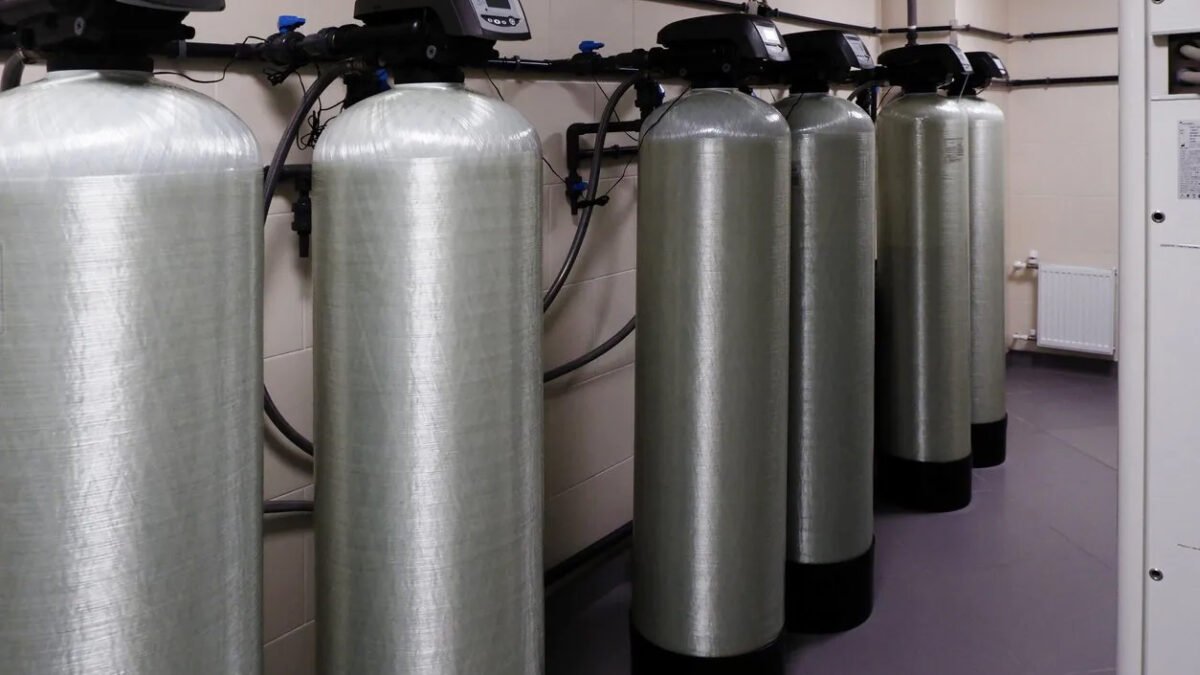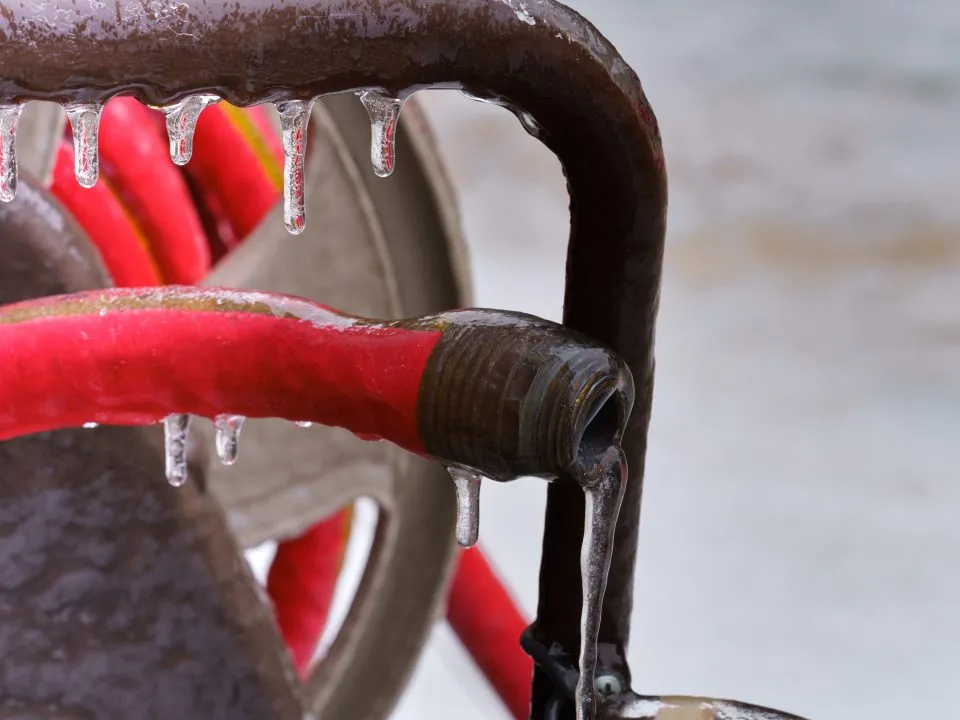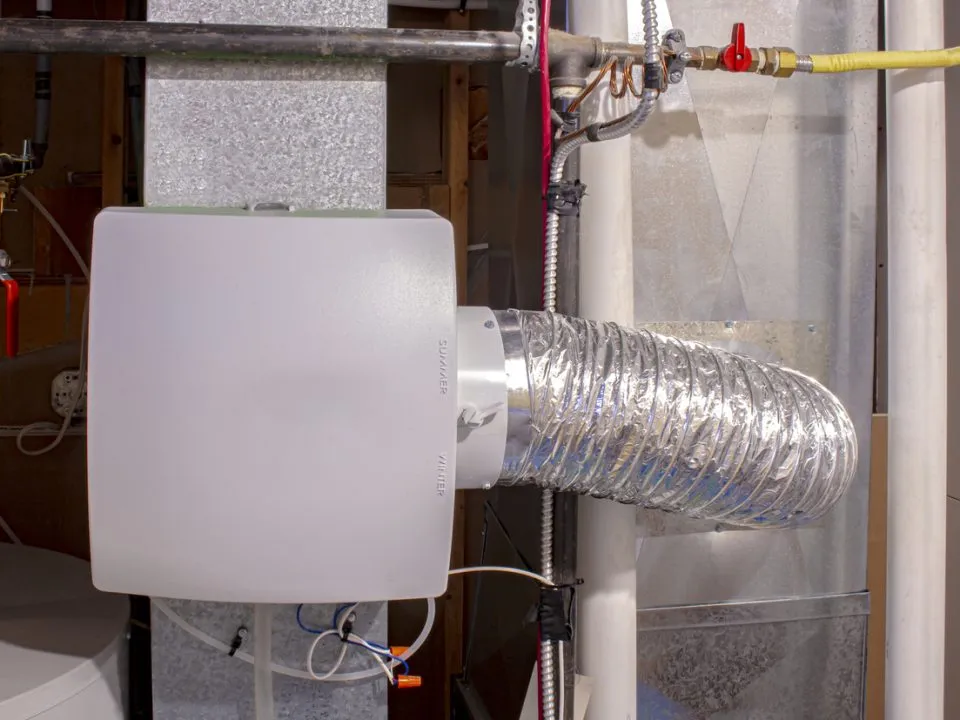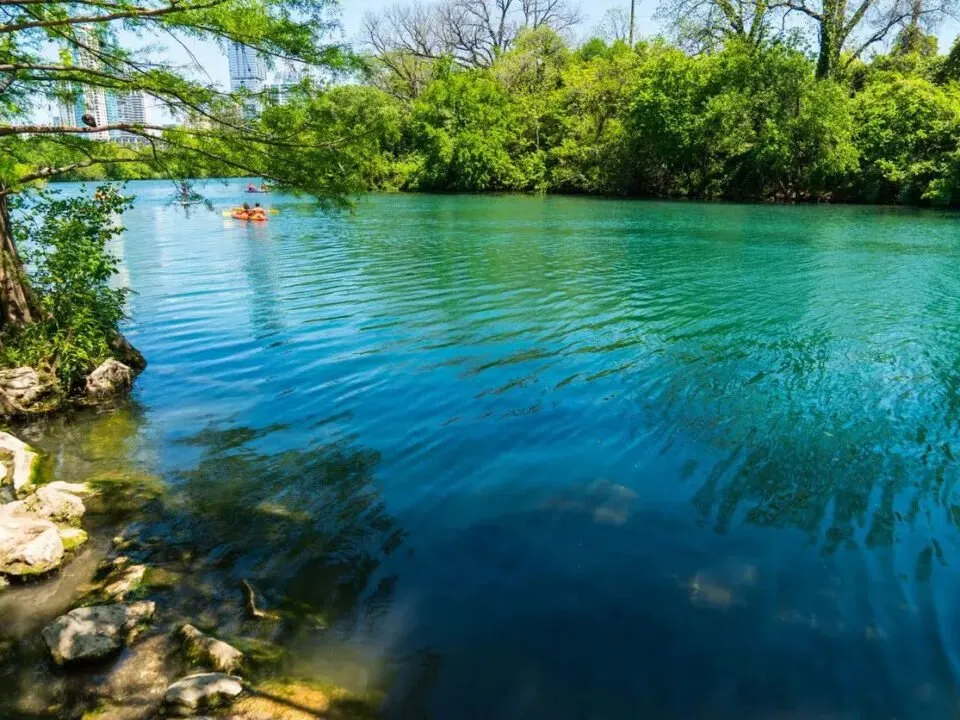
Learn the difference between hard and soft water as well as the benefits of a soft water system.
If you aren’t happy with the quality of your water, you may have heard about water softening as a potential solution. However, if you’ve found yourself asking what the terms “hard water” and “soft water” even mean, don’t worry. They’re not exactly self-explanatory. Honest Plumbing & Air. is here to clarify everything you’ve wanted to know about soft water systems.
Since 2017, our plumbing contractors have been proudly serving property owners across Austin, Cedar Park, Georgetown, Hutto, Leander, Pflugerville, and Round Rock, TX. Keep reading to learn more from our professionals about soft water systems, and count on us for top-notch installation.
What Is the Difference Between Hard & Soft Water?
Hard water is water that has higher levels of magnesium and calcium. Hard water is less desirable because it tends to leave more of a buildup of calcium on fixtures and appliances. Soft water is the term used to describe water with lower levels of magnesium and calcium. Water softening systems remove magnesium and calcium from hard water.
When trying to figure out whether you’d benefit from a soft water system, look for the following:
- Hard water can cause buildup on sinks, bathtubs, pipes, and other appliances.
- Generally, what you see in your appliances and fixtures is the tip of the iceberg. Typically, your pipes will have build up. Think of the buildup as cholesterol in your veins.
- Some people find that hard water dries out their skin and hair, especially those with skin conditions such as eczema.
- Hard water sometimes leaves behind mineral spots on glassware.
- With soft water you can use less soap, the soap will provide more suds on your hands. You may however have a feeling of not getting all the soap off your hands or body.
- Hard water affects water heaters with the buildup of calcium deposits. If you hear weird popcorn or thunder like sounds from the water heater – It is more than likely the calcium buildup. It causes issues with heating elements and temperature probe for a thermostat (if you have a gas water heater)
Do I Have to Soften My Water?
No, you are not required to condition or test water or install a softening system. Water softening is completely optional, but it’s very beneficial for those who suspect their water may be causing issues around the home or harming their skin and hair. You can use an at-home kit to test your water or have your water tested professionally.
If you already know that you have hard water, you can consult Honest Plumbing & Air. We’d be happy to show you the brand and type of water softener that would best suit your needs.
Are There Any Drawbacks to Water Softening?
There are not many drawbacks to water softening. One drawback that may potentially occur with water softening systems is bacteria and fungi can accumulate without regular maintenance and cleaning. This may occur when you do not use, clean, or maintained for long periods of time. An example being, going away on vacation or a few months. An excessive amount of bacteria or fungi will make your water unsafe to use, so be sure your softening system stays in excellent condition. There may also be additional costs for upkeep like buying salt and an increase in water usage to clean the water.
Improper sized water softening systems can be a drawback. This may be a result from an inexperienced installer recommending the wrong size system for your household and water usage.
What Are the Benefits of Water Softening?
Soft water is better for bathing as well as cleaning your clothes and dishes. Once your water is softened, you likely won’t see mineral stains or soap scum on your dishes and clothes. Your pipes and appliances may remain in better condition for longer without the buildup left behind by hard water. With your appliances staying in better condition, repair costs for your appliances and plumbing system with be lower and less frequent.
The benefits of water softening are mainly related to cleaning and convenience. Hard water doesn’t have health drawbacks, so softening your water is not generally considered to have inherent health benefits.
Can You Soften Well Water?
Yes! In fact, those with well water may stand to benefit the most from water softening. This is because groundwater is almost always hard to some degree.
Call or Contact Us With Any Soft Water Questions
Whether you’re an experienced homeowner or a brand new one, it’s a good idea to hire a professional plumber to install your water softener system.
Honest Air Conditioning And Plumbing LLC. has been that trusted plumbing contractor for so many homeowners throughout Austin, Cedar Park, Georgetown, Hutto, Leander, Pflugerville, and Round Rock, TX. Our specialists would be happy to give you any advice on water softening systems or efficiently install your system for you. Just call or contact us today to get started!




